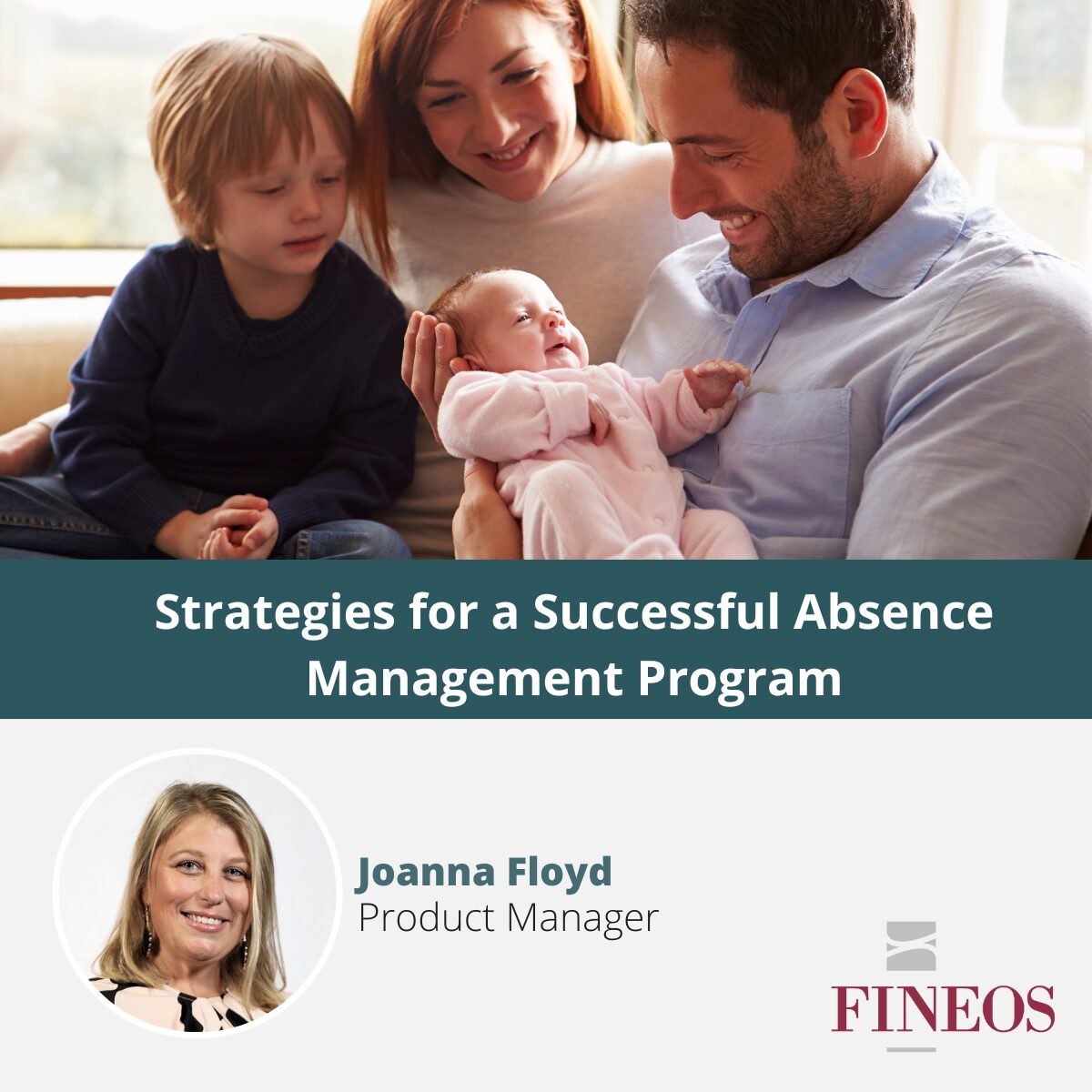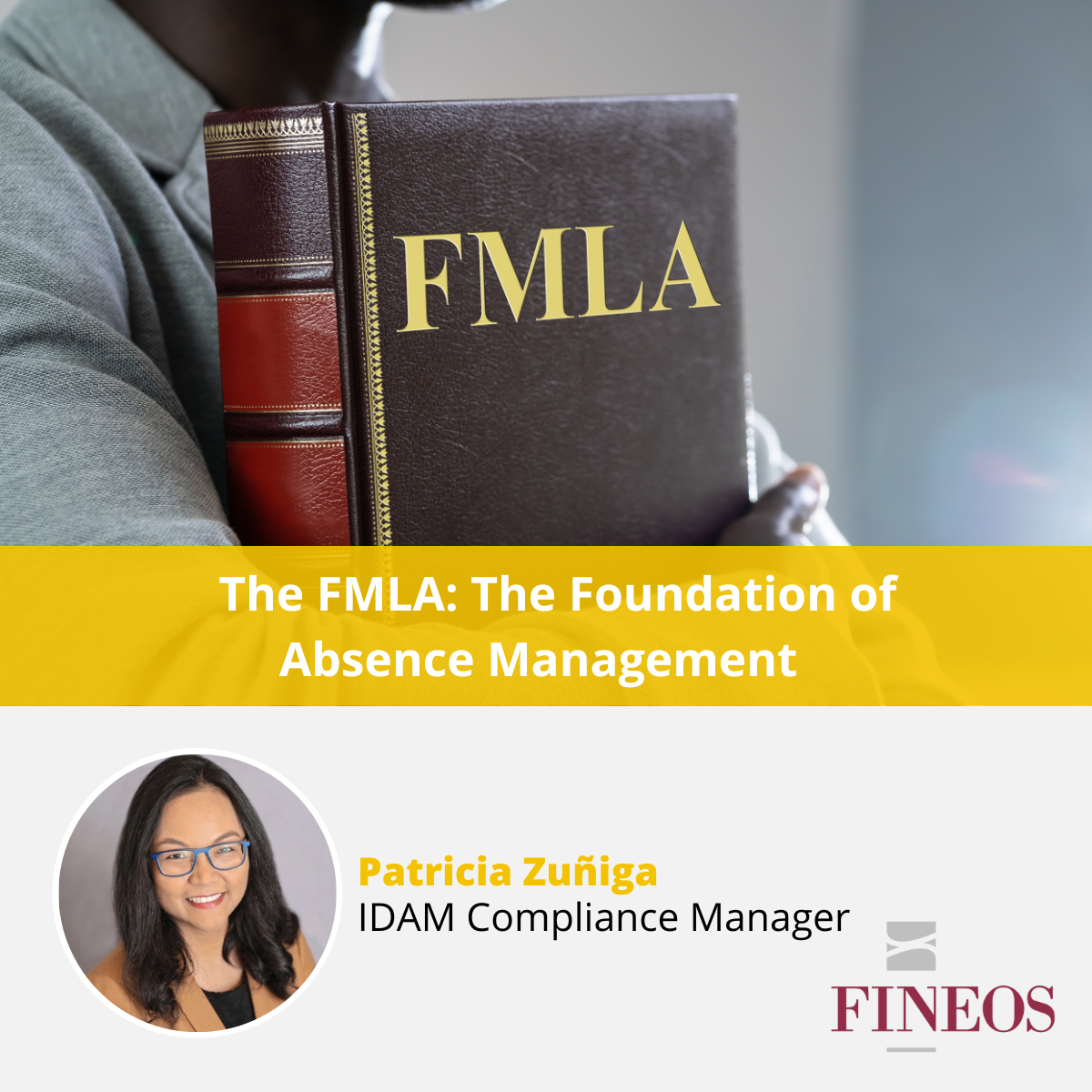The winter months find me with more indoor time, which can translate to more time in front of the television. While I can’t say I spend all this time on educational endeavors, I do try to weave some documentaries into my viewing time. The Blue Zones documentary on Netflix, which explores regions of the world where it is claimed that people live longer than average, caught my attention recently.
It led me to read more about the factors that may contribute to extended longevity in Okinawa, Japan. The most interesting factor is the Japanese principle of “ikigai,” a multifaceted concept that sits at the convergence of four elements: one’s strengths, passions, ability to contribute to a societal need, and ability to generate income to support oneself. One’s ikigai can be roughly translated as one’s purpose, but what I most enjoyed reading about is how accessible this concept can be. It doesn’t have to mean a lofty or overwhelming goal, but rather can signal finding significance in one’s everyday activities. Ikigai views the pursuit of one’s work, family, and hobbies in a satisfying manner as a fulfilling goal in itself. This contrasts with the trend to focus on the ideal of happiness, a concept that feels more elusive and harder to pin down.
Happiness, purpose, and longevity are all topics that come to mind as we head into the new year and embrace a fresh start, ripe with possibilities. In the absence and disability industry, we don’t have to look hard to find constant renewal. The end of 2023 and the start of 2024 greeted us with the start of two new paid family and medical leave (PFML) programs in Oregon and Colorado. As we dip our toes into 2024, we are preparing for the next four states to go live in 2026 with Delaware, Maryland, Minnesota, and Maine. New proposals and legislation in 2024 will surely bring about other new beginnings, whether in the form of more PFML programs or perhaps a new leave concept. In the past few years, we’ve seen increasing recognition of novel areas for expanded protections, such as to grieve the loss of new life or to grapple with a diagnosis.
As legislatures continue marching toward inclusion of new and evolving rights, it brings me back to the concept of ikigai. Traditional Western work culture continues to evolve; whether it is because of the pandemic or whether the pandemic was an accelerator that sped this evolution, there is an increasing recognition of an employee as a whole person. Work and productivity are important, but we are learning that this isn’t at odds with having a fulfilling life outside of the office.
In fact, finding that balance ─ that way in which our work can align with fulfilling our ikigai ─ can be a win-win for employers. A recent report from WPI Economics commissioned by Unum UK found that workers who report themselves to be happy at work take an average of nine fewer sick days per year. And 80% of workers say that they are more productive at work when they are feeling healthy and happy. It is not only theoretically good but also economically beneficial to aim for employee satisfaction.
Undoubtedly, there are times when an employee will need to take leave, no matter how happy and filled with purpose they are. Whether it is a new life event, a routine illness, or caring for a loved one, it is inevitable that we will need to shift our focus and our time to life outside of the office. And there too, we are learning that giving an employee the time to take care of their needs as a human being can be beneficial to both the individual and the employer. New research is bearing out that “presenteeism,” i.e., working while sick, reduces productivity. Companies that provide paid leave are reaping benefits. Losing employees causes massive leakage of profits, as replacing a worker leads to a loss of approximately 24% ─ and in some industries as much as 150% ─ of that employee’s annual wages. Studies of California’s Paid Family Leave program revealed that 83% of workers in certain jobs who took paid bonding leave came back to work, a nine-point increase over employees who did not use those benefits. More compelling for the bottom line: companies that implemented paid leave yielded 4.6% greater revenue and 6.8% greater profit for each full-time employee. And beyond measurable profit and revenue, New Jersey employers found that state’s paid leave program helped reduce stress among employees and improve morale for employees who took leave and their co-workers.
No matter our job, we can find meaning in our work. Whether we are stocking shelves, working in health care, providing public transportation, working in technology or any other vocation, we are all interconnected. While not every role involves daily acts of heroism, finding meaning in our profession or even a specific task can help us find and fulfill our sense of ikigai. I genuinely feel lucky to say that working in the absence and disability management industry brings me a sense of ikigai every day. The work we do is challenging and complicated, but I have a powerful sense of purpose knowing that we are part of a complex and evolving landscape that is bringing a better balance to our broader community. The evolution in our industry means that there is a growing sense of security among the workforce writ large, in knowing that when life happens (because it inevitably will) we can take the time we need to address it, then return to our jobs ready to take on new challenges. As we start the new year, I plan to regularly revisit my ikigai, and the ikigai of our industry, to focus on confronting all the challenges the year will bring.


